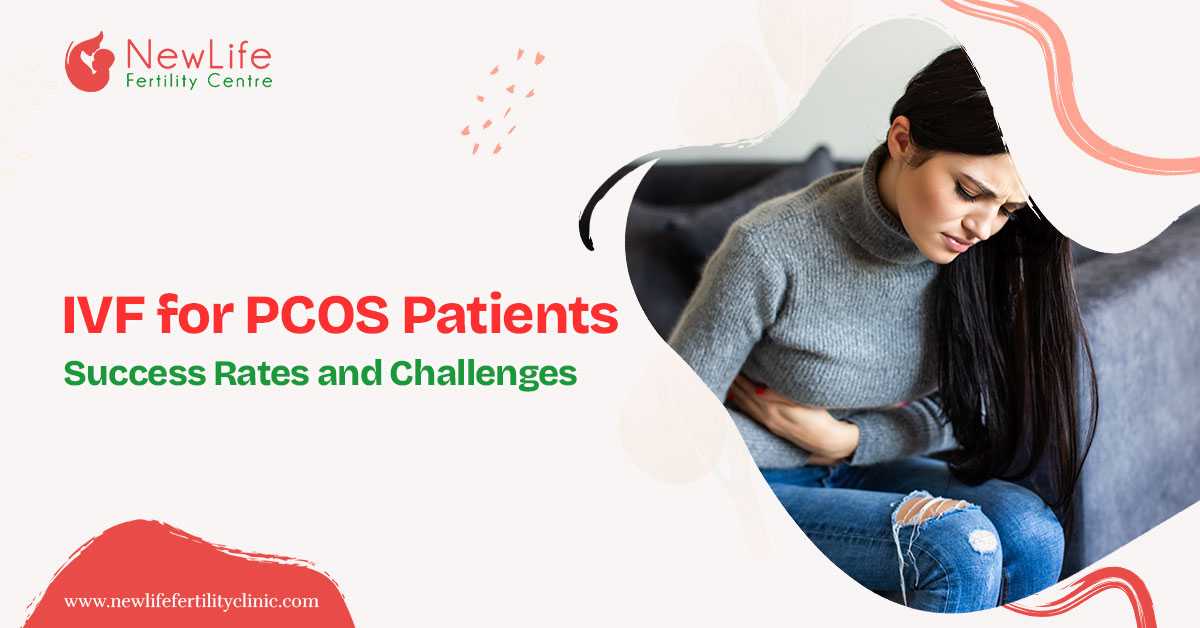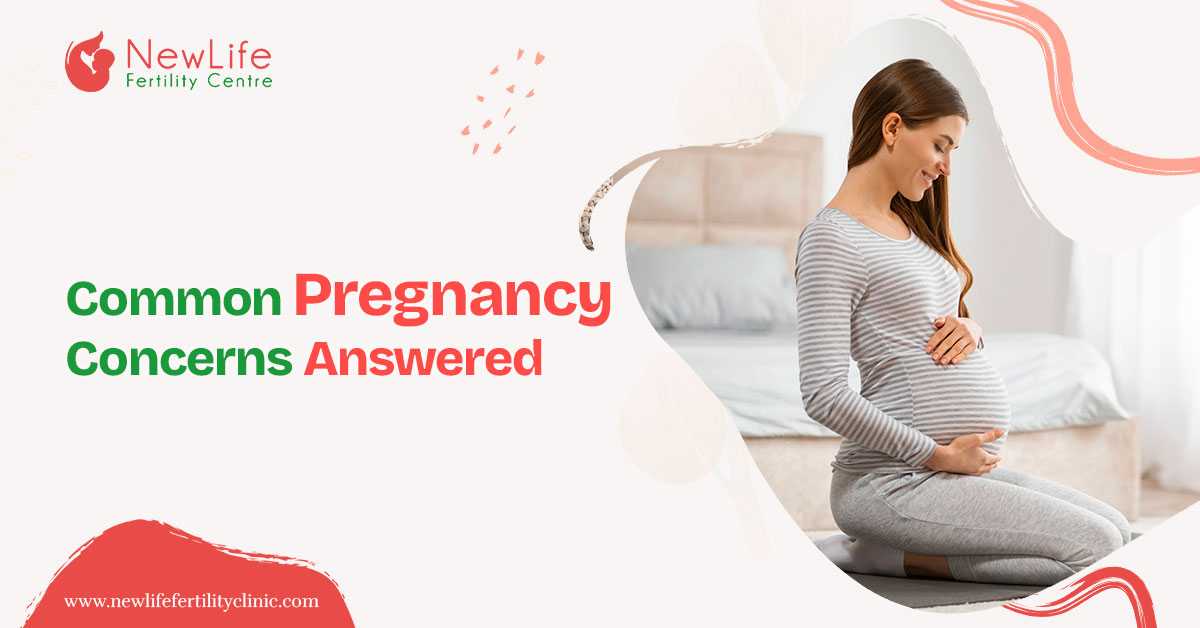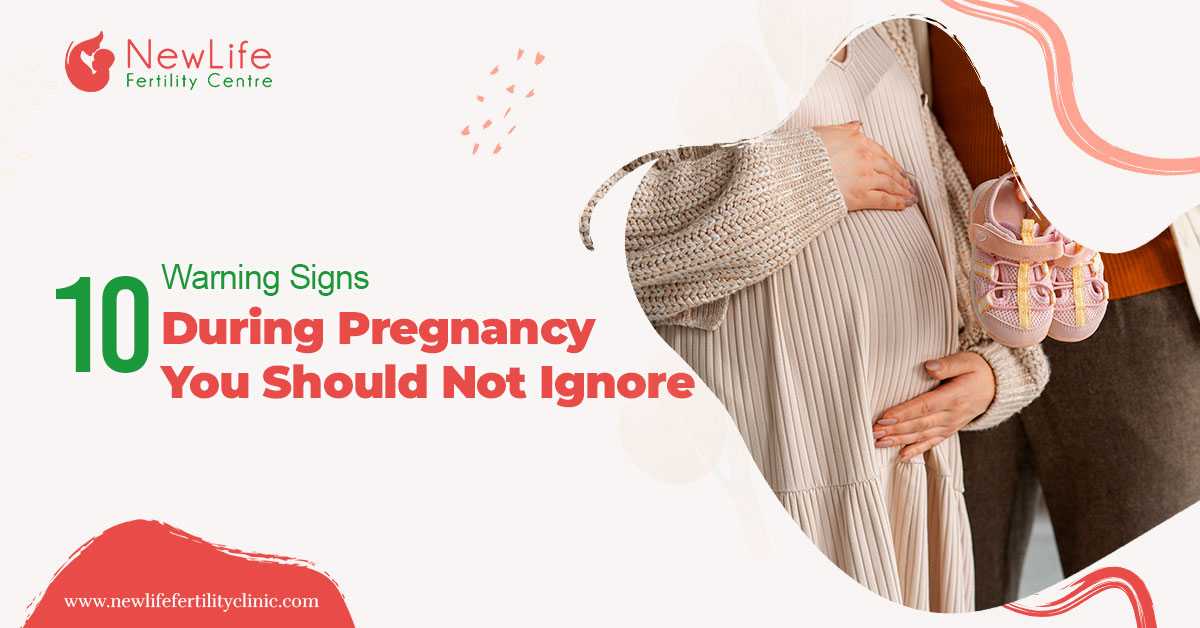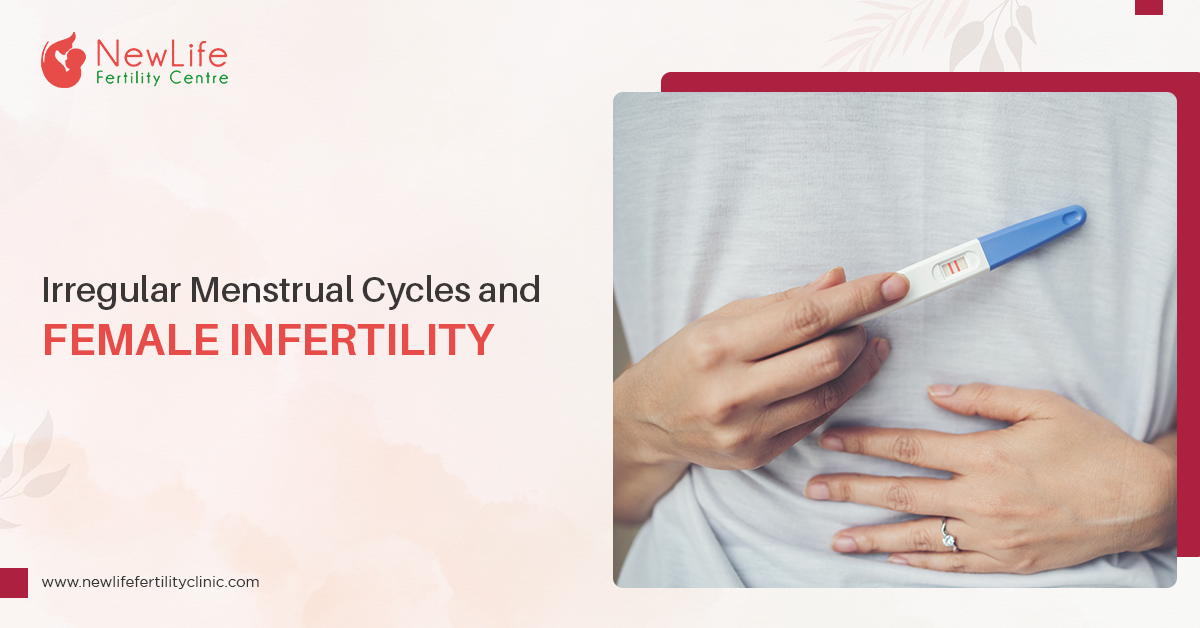It's not uncommon for ladies to possess menstrual cycles that change long. One month itd be 28 days which is taken into account average and therefore the next month it might be 31 days, and therefore the next 27. That's normal. Menstrual cycles are considered irregular once they fall outside the "normal" range. Sources report that an irregular cycle is one that's shorter than 21 days or longer than 35. When counting the times in your cycle, the primary day of bleeding is day one, and therefore the judgment day of the cycle is that the first day of bleeding in your next cycle.
Irregular periods, menstrual cycles disorders and fertility at a look
- Irregular periods and menstrual disorders are conditions that disrupt the traditional cycle in women, which plays a key role in fertility.
- These conditions, generally referred to as irregular periods, include amenorrhea (lack of menstruation), oligomenorrhea (infrequent periods), and menorrhagia (prolonged or heavy periods).
- Menstrual disorders are often symptoms of infertility thanks to another cause, like polycystic ovary syndrome (PCOS) and uterine fibroids.
- Lack of ovulation or irregularly ovulating generally causes irregular periods.
- Women experiencing irregular periods should seek medical treatment to gauge the underlying cause, particularly within the case of girls who also experience infertility.
How menstruation cycles relates to fertility
A woman's cycle is how her body prepares for possible pregnancy after ovulation, which is that the monthly release of a mature egg. the typical cycle lasts 28 days, beginning with menses that are signaled by cramping, change in mood, bloating, fatigue, and breast tenderness. During the cycle, hormonal changes regulate the discharge of the egg from the ovary and prepare the uterine lining for receiving a possible embryo (embryo) for a pregnancy.
The hormones at play in menstruation and therefore the preparation for pregnancy act together, beginning with the secretion of estradiol when the egg is mature. a rise in estrogen production leads to a surge of LH (LH) and FSH (FSH). An uptick in LH usually indicates that ovulation is close to occurring, typically around day 14 of the cycle.
When a lady has symptoms during her periods like no bleeding, heavy bleeding, or others listed below that are abnormal for her cycle, she should consider seeing a doctor determine whether these are indications of a menstrual disorder that needs treatment.
The following can cause symptoms which may appear to flow from to a menstrual disorder
- Medications, including contraceptives
- Stress
- Thyroid issues
- Extreme weight loss or gain
- Eating disorders
Women who suspect they need premenstrual dysphoric disorder should seek medical attention to require steps to scale back its effect on their lives. Causes are most frequently unknown but can relate to alcoholic abuse, depression, being overweight, and lack of exercise, things which will be detrimental to a woman's overall health and her fertility.




